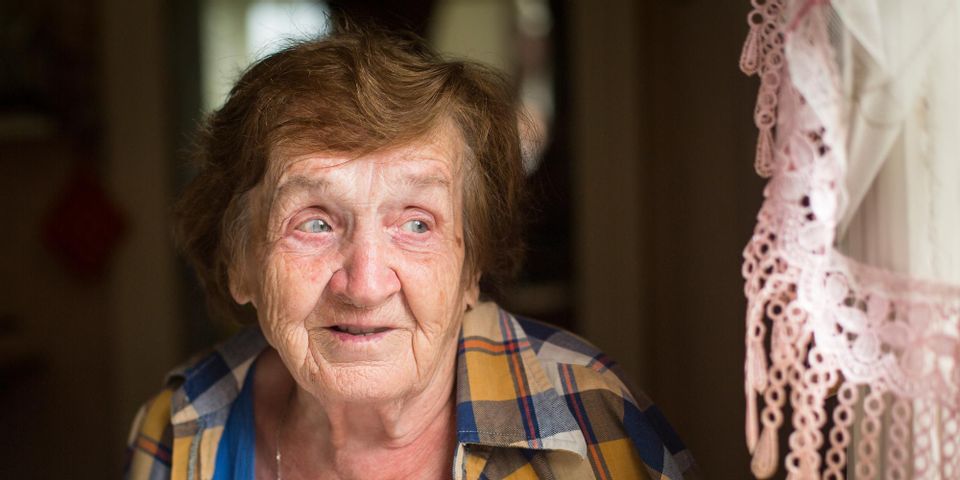
People with dementia or Alzheimer's disease often experience an increased state of confusion and distress during the evening hours. This phenomenon is known as sundown syndrome, and it can be a challenge for the patient and the caregiver alike. To better understand this condition, below are answers to some commonly asked questions about sundown syndrome.
A Guide to Sundown Syndrome
What are the symptoms of sundown syndrome?
Symptoms typically begin in the evening and can last throughout the night. They include mood swings; anxiety and restlessness; sadness; surges in energy; aggression; and an uptick in disorientation, which can include delusions and hallucinations. The individual might feel they need to go somewhere or perform a specific task, but they may not be able to explain why.
Are there factors that can make it worse?
Aggravating factors will often make the condition much more intense for the patient and much more challenging for the caregiver to manage. Patient fatigue or illness, disruption of the normal routine, and low lighting in a room are among the most common factors.
How can I help care for a loved one with sundown syndrome?
 Maintain structure as much as possible, with defined mealtimes and bedtimes. Limit daytime naps, as well as caffeine and sugar intake, to better ensure sleepiness come nightfall. As the sun sets and it gets darker outside, turn lights on and keep the interior of the home bright. At bedtime, minimize distractions: turn off the television, shut off the lights, keep the curtains closed. Don't try to reason with someone in a sundown state; simply validate what they're feeling, regardless of whether it makes sense, and redirect their attention to another task, preferably something calming and soothing.
Maintain structure as much as possible, with defined mealtimes and bedtimes. Limit daytime naps, as well as caffeine and sugar intake, to better ensure sleepiness come nightfall. As the sun sets and it gets darker outside, turn lights on and keep the interior of the home bright. At bedtime, minimize distractions: turn off the television, shut off the lights, keep the curtains closed. Don't try to reason with someone in a sundown state; simply validate what they're feeling, regardless of whether it makes sense, and redirect their attention to another task, preferably something calming and soothing.
How can I help care for myself when looking after a loved one with this condition?
Because you may be up late at night with your loved one, aim to get a nap in sometime during the day. Take frequent breaks, even if it's just to step outside for a few minutes to get some fresh air. Don't be afraid to ask for help; hire a professional caregiver to provide respite and ask other loved ones to fill in as needed.
When you need additional support looking after a loved one with sundown syndrome, trust the caregivers at MASH Home Care. They serve families throughout Henderson, Webster, and Union counties, KY. They provide in-home assistance with a wide variety of tasks, including personal care, medication reminders, meal preparation, light housekeeping, and mobility help. Call (270) 212-3620 or visit them online to schedule respite care services.
About the Business
Have a question? Ask the experts!
Send your question

